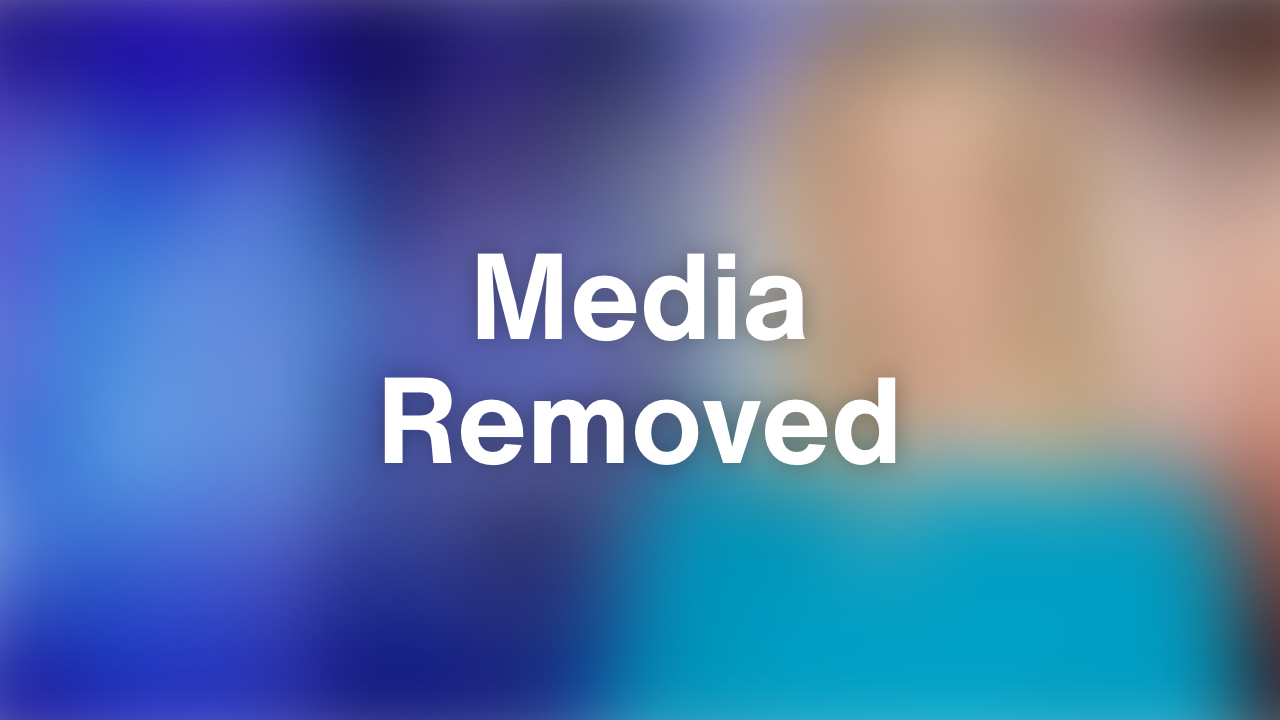The Michigan twins battled cancer and now help others in their fight against the dreaded disease.
Three months after Ashley Huffman was diagnosed with breast cancer at age 32, her identical twin, Danielle Jones, got the same terrifying news.
Both Michigan women carried the mutated BRCA 2 gene, putting them at greater risk of contracting breast cancer and of having it come back.
But Ashley knew something that Danielle had yet to learn — the hardest thing about fighting this dreaded disease is having to do it alone.
"I didn't have anyone to talk to," about the intricacies of daily living with cancer, Ashley said. "If Dani had a question, she just called me."
Which got Ashley to thinking. What if she and her sister could answer questions for others diagnosed with an insidious sickness eating away at your body and your life?
And what if they could help others the way they helped each other?
"I wanted to be that beacon," Ashley told InsideEdition.com.
She began by creating a Facebook page titled "Mom Strong — Ashley's Journey With Cancer." On it, she posted videos from her daily life, which came to include a double mastectomy, 20 rounds of chemo and 25 rounds of radiation.
It was, she says, pure hell. She was told she had stage 2 breast cancer, meaning aberrant cells had invaded her breast tissue. Her treatment was particularly invasive because she was young, and carried the mutant gene, meaning the risk of the disease returning was great, she said.
"I wouldn't wish chemo on my worst enemy," she said. Medical professionals will warn that chemo may cause nausea and hair loss, but the nasty, awful details are often left unsaid.
"I threw up every day," Ashley recounted. "I lost my hair, my eyebrows, my eyelashes ... My fingernails fell off."
It felt, Ashley said, as if she had the worst ever case of the flu — that just wouldn't get better.
She thought posting videos of her battle would have more impact than "typing it all out." Since the page went up about a year ago, she has gained scores of followers and estimates she has helped about 15 people waging their own private war against a disease that affects millions of women.
Ashley helps them by lending an ear and a shoulder to cry on, by advising them what to expect when they start chemo, by telling them what to ask oncology doctors and nurses and to repeat, again and again, do not give up.
"They want to know what happens next," she said. "They'd rather hear it from someone going through it than a doctor," Ashley said.
Their mutant genes come from their father's side of the family. Their grandfather died of breast cancer in 2000 at age 59.
Danielle, diagnosed with stage 0 cancer, meaning her cancerous cells were lodged inside the milk ducts of her breast tissue and hadn't spread, opted to have the most aggressive available treatment, just as Ashley had.
She underwent a double mastectomy, but did not need chemo or radiation because her cancerous cells were contained.
As the sisters began to feel better, they began to speak publicly about their journeys. They signed up with Susan G. Komen's breast cancer organization, the country's largest and most heavily funded, to give speaking engagements.
In the next few months, Ashley and a friend who is also a cancer survivor are beginning a support group in their town of Kalamazoo, where such services are few, she said.
"We want people to be able to talk and to be heard," Ashley said. And there lies one of the most devastating feelings of all in the hard slog of slaying the dragon of cancer — feeling completely helpless.
Understanding, Ashley said, is what cancer patients want most. She estimates that about 75 percent of the women she hears from don't have a good support system. "There's so many questions," she said. And quite often, they can only be answered by someone who's battled that beast.
Then there's the matter of life after cancer.
"I was robbed of being able to have another child," says Ashley, who has a 3-year-old son, because chemo threw her into early menopause. Her breasts were taken and in their stead was 11 scars. She has felt loss, worry, anger and sadness.
With time, she has also felt peace and acceptance. That last one is tough to come by, she said.
After radical surgery, chemo and radiation, one's appearance is forever changed.
"You're never going to look the same again," she said.
Because now you carry battle scars. But you have survived.
RELATED STORIES






